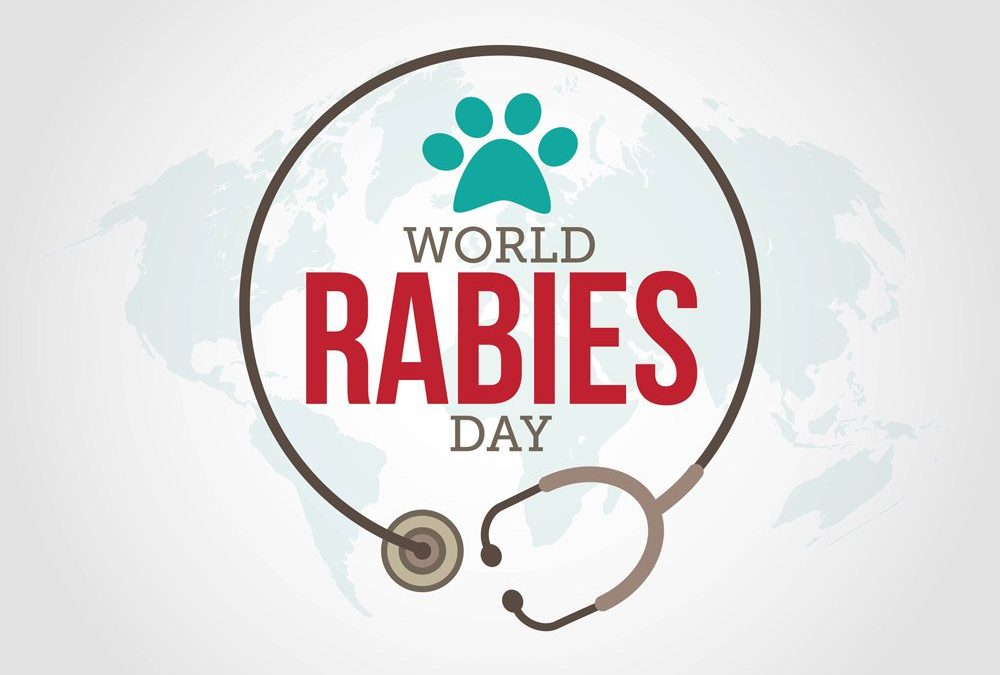| What is Rabies? Rabies is a virus spread from animals to humans, and is nearly 100% fatal once symptoms appear. The virus is transferred through contact with the saliva from infected animals. Bites, scratches or licks to wounds, grazes, broken skin, or the mouth and nose, are examples of unsafe contact. Human-to-human transmission is not known apart from rare cases associated with organ transplantation. Most human rabies cases in South Africa are linked to rabid domestic dogs. |
|---|
| Rabies facts Rabies is 100% preventable through vaccination, and vaccinating 70% of dogs in high-risk areas can eliminate dog rabies and save human lives. Learning how to interact with animals is a huge step in fighting this disease. No bites=no rabies. Teach children how to read body language, to not seperate fighting animals and to not approach unfamiliar pets. |
|---|
| What to do Even after being exposed to a rabid animal, you can still prevent rabies and save a human life. If you get bitten by an animal wash the wound under running water, with soap, for 15 min. Apply a disinfectant and seek medical treatment immediately to receive rabies post-exposure prophylaxis. Do this before the onset of symptoms to stay safe. |
|---|
| Vaccinate! Vaccinating dogs protects people! Get your pets vaccinated every year. Local animal welfare organizations, rescue groups and shelters often offer low-cost vaccinations, spaying and neutering, and other routine care. |
|---|
World Rabies Day is held on the 28th of September each year, on the anniversary of Louis Pasteur’s death, the French chemist and microbiologist who developed the first rabies vaccine.

